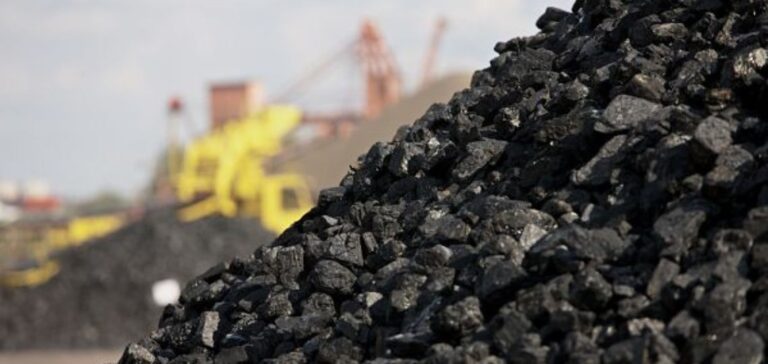After an unofficial ban of more than two years, China began buying Australian coal this month, according to market sources and data from S&P Global Commodity Insights.
The end of the ban
Last month, S&P Global reported that three Chinese state-owned power plants -C hina Datang Corp, China Huaneng Group Co and China Energy Investment Corp. – as well as steel producer China Baowu Steel Group Corp. have received government guidance to import Australian coal.
S&P Global Commodities at Sea data shows that about 1.4 million tons of coal were loaded from Australia for China, split into about 14 shipments.
Traders were also able to obtain Australian coal this month
While it was expected that the ban would be relaxed on a miner-to-end-user basis and not for general trading purposes, many traders were also able to obtain Australian coal this month.
“As far as we know, not only the four Chinese companies, but traders have also inquired about Australian coal, which means there is room for them to execute trades,” said an Indonesia-based trader. “This should not impact Indonesian coal, because for low-carbon needs, China will have to look around in Asia.”
Demand for Indonesian coal has remained lackluster so far due to rising COVID-19 cases and the Lunar New Year vacation in China. FOB Kalimantan 4,200 GAR kcal/kg coal was last assessed at $67.50/ton on February 21.
Market participants expect China to start buying more coal from March onwards to build up stocks for summer demand and because of the expected increase in industrial activity after the lifting of containment measures.
Trade relations are being restored
“When trade resumes after a long hiatus, it takes some time to catch up, not to mention that China’s domestic consumption is also doing well. One thing is certain: trade relations between these two countries are on the road to recovery,” said a Southeast Asian miner.
The Platts evaluation
Platts, a subsidiary of S&P Global, valued Newcastle coal at 5,500 kcal/kg NAR with 23% ash at $118/ton FOB on February 21. Demand for high ash Newcastle coal declined in 2022 from India and Southeast Asia as buyers sought more price-competitive alternatives.






















